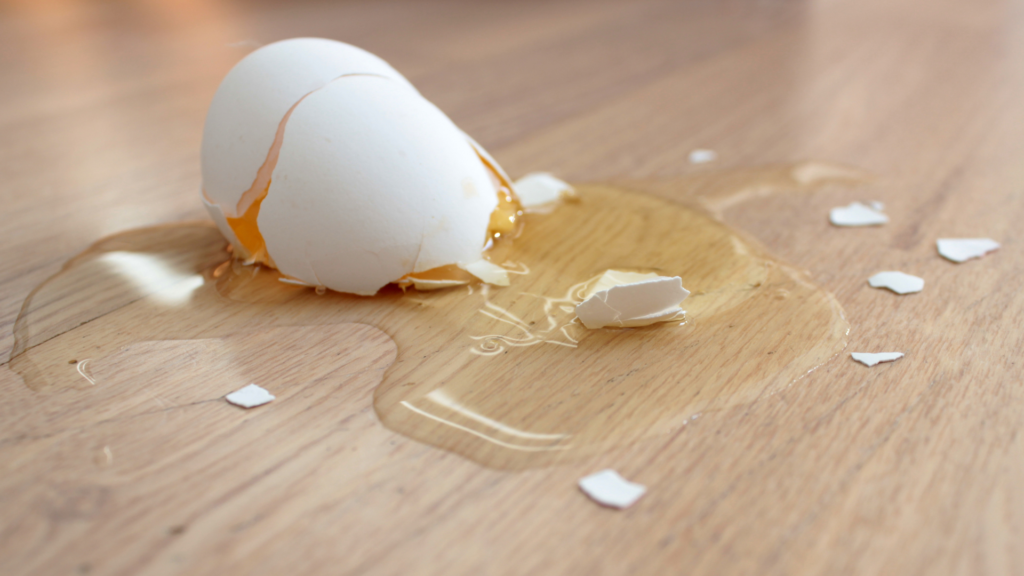Image source: learncleanup.com
Accidents can happen unexpectedly. From spilling coffee on your shirt to getting caught in a sudden downpour, life is full of surprises. But what about the scenario where a large quantity of eggs accidentally breaks in your car? Suddenly, you’re faced with a pervasive egg smell that seems impossible to eradicate. While it may sound like an exaggeration, I’ve personally experienced a similar situation. The overpowering odor of eggs invaded my surroundings, leaving me feeling as though I was engulfed in it. However, through persistence and experimentation, I discovered effective ways to remove the stubborn egg smell from both my car and home. If you’re grappling with this issue, here’s a detailed guide to help you reclaim your space.
Step 1: Prioritize Ventilation
The initial step in combating the egg odor was to maximize airflow throughout the affected area. Whether it’s your car or your house, opening all windows and doors is crucial to allowing fresh air in and expelling the unpleasant odor out. In my case, I left the car windows slightly ajar overnight in a safe location to facilitate continuous airing out. Though seemingly basic, this tactic proved highly effective in mitigating the intensity of the odor.
 Image source: learncleanup.com
Image source: learncleanup.com
Step 2: Thorough Cleaning
For surfaces that came into direct contact with the broken eggs, thorough cleaning was imperative. I prepared a solution of warm water and dish soap, renowned for its degreasing properties, and meticulously scrubbed the affected surfaces. In the car, this involved deep-cleaning the upholstery and carpets, while at home, it entailed mopping the floors and wiping down any areas that may have absorbed the odor.
Step 3: Odor Absorption
Subsequently, I turned to odor-absorbing agents to further combat the lingering smell. Baking soda emerged as a reliable ally during this ordeal. I liberally sprinkled it onto the car’s carpets and seats, allowing it to sit overnight before vacuuming it up. Employing the same method proved equally effective on my home’s floors and surfaces. Additionally, I strategically placed bowls of white vinegar in hard-to-reach corners to neutralize the odor without resorting to harsh chemicals.
 Image source: learncleanup.com
Image source: learncleanup.com
Step 4: Natural Fresheners
Following the elimination of the majority of the egg odor, I introduced natural fresheners to infuse a pleasant aroma into the space. Opting for ground coffee and lemon peels, both renowned for their potent and refreshing scents, proved to be a rejuvenating choice. These natural alternatives not only absorbed any residual odors but also imparted a clean and invigorating fragrance throughout the area.
Step 5: Preventive Measures and Ongoing Maintenance
Lastly, I recognized the importance of preventive measures to avoid future incidents. Safely storing eggs and regularly checking their freshness became habitual practices to minimize the risk of recurrence. Implementing a routine cleaning schedule and consistently airing out potentially affected areas became integral components of my maintenance regimen to ensure that the egg odor remained at bay.
In conclusion, if you find yourself grappling with a similar olfactory predicament, remember that with patience and the right approach, you can successfully reclaim your space from the clutches of any unpleasant odor.

